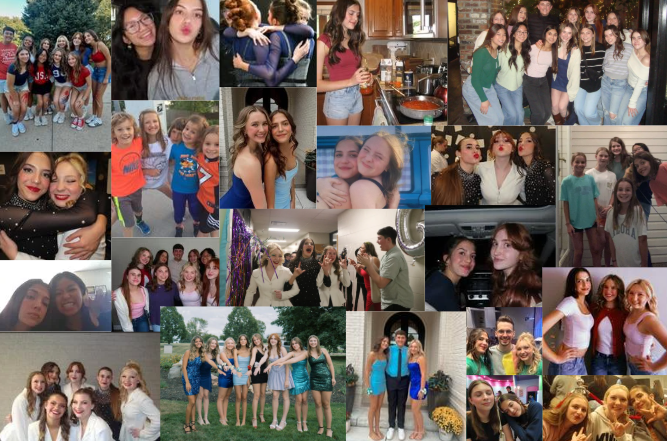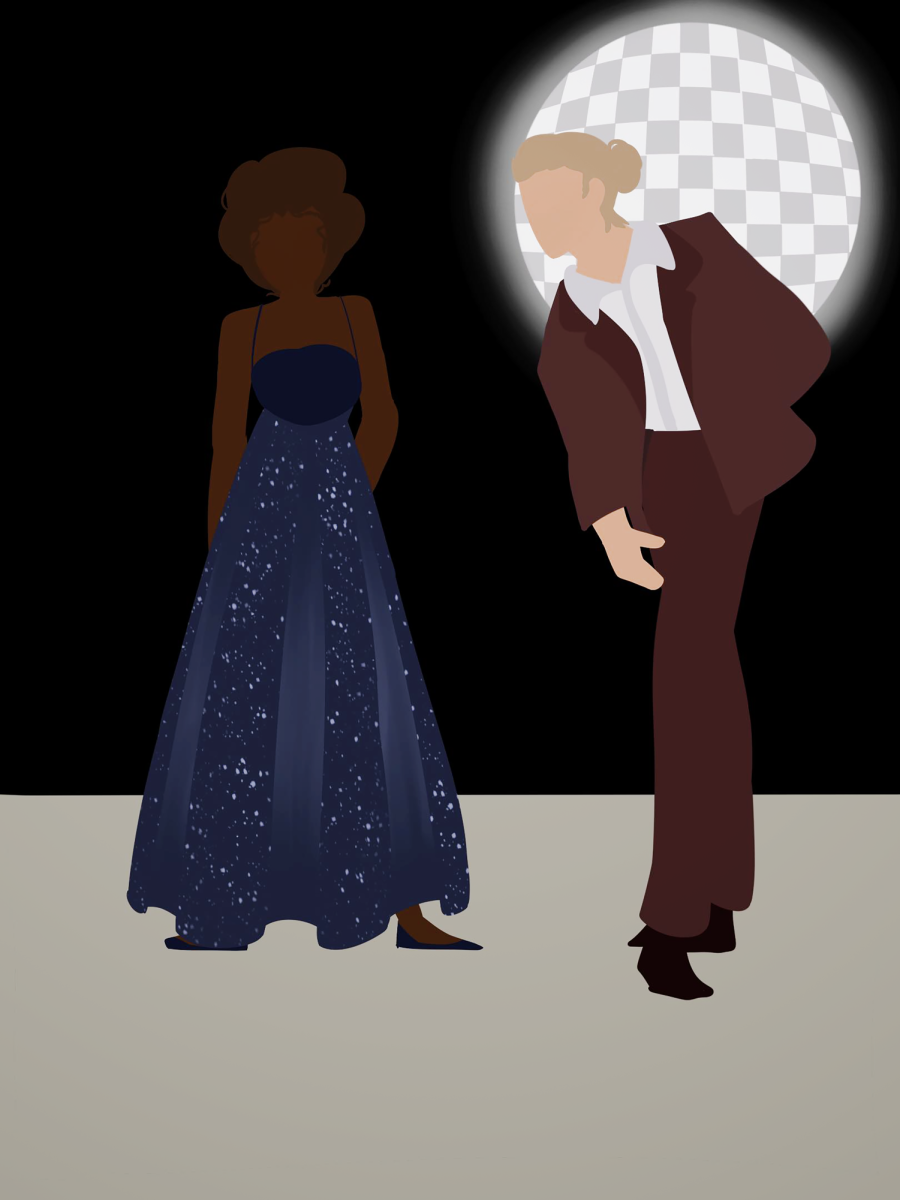In recent years, the phenomenon known as the “Mandela Effect” has captivated the minds of many, sparking debates about memory, reality and even alternate dimensions. The Mandela effect was named after the widespread false memory of Nelson Mandela’s death in prison in the 1980s (when in reality, he passed away in 2013), this effect sparked interests in human recollection.
The central idea of the Mandela Effect is the idea of collective false memories, where large groups of people recall events or facts differently from how they actually occurred. This isn’t just about a single individual misremembering, what makes the Mandela Effect so intriguing is the shared nature of these mis remembrances. Some other famous examples include the collective belief that the children’s book series is spelled “Berenstein Bears” instead of “Berenstain Bears,” or that the Monopoly Man wears a monocle (he doesn’t).
Psychologists suggest that the Mandela Effect can be explained by a combination of memory’s malleability and the brain’s tendency to fill in gaps with what “feels right”. According to LibreTexts, memories are not static snapshots of reality but are reconstructed each time they are recalled, often with new, sometimes incorrect information. Over time, these distortions can feel just as real as our actual memories.
False memories can arise from a mix of cognitive biases, social influences and even linguistic confusions. In the case of the Berenstain Bears, many English speakers might find “Berenstein” a more familiar or phonetically correct spelling; over time this becomes the accepted version of reality in their minds. Another factor is source monitoring errors, where we misattribute the source of a memory to a false event.
Social contagion plays a major role in reinforcing these collective false memories. When enough people claim they remember something a certain way, our brains, wired for social conformity, are likely to align with the group’s recollection. A study by psychologist Asch (1951) demonstrated how easily people can conform to the majority opinion even when they know it is incorrect. When a large enough group recalls an event inaccurately, this collective memory can feel as though it holds more weight than verifiable facts.
The role of the internet can also be understated in the spread of the Mandela Effect. Platforms like Reddit and social media act as forums, where people share similar stories and reinforce each other’s memories. What begins as a small misremembering spreads like wildfire as users validate and bolster one another’s accounts. This phenomenon is even amplified in online communities, where the shared belief in something like the Mandela Effect becomes part of people’s identities.
In the end, the most interesting aspect of the Mandela effect is the capability of the human mind to create, alter and even forget reality. It can be a humble reminder that our brains are more easily malleable than what we would like to believe.








